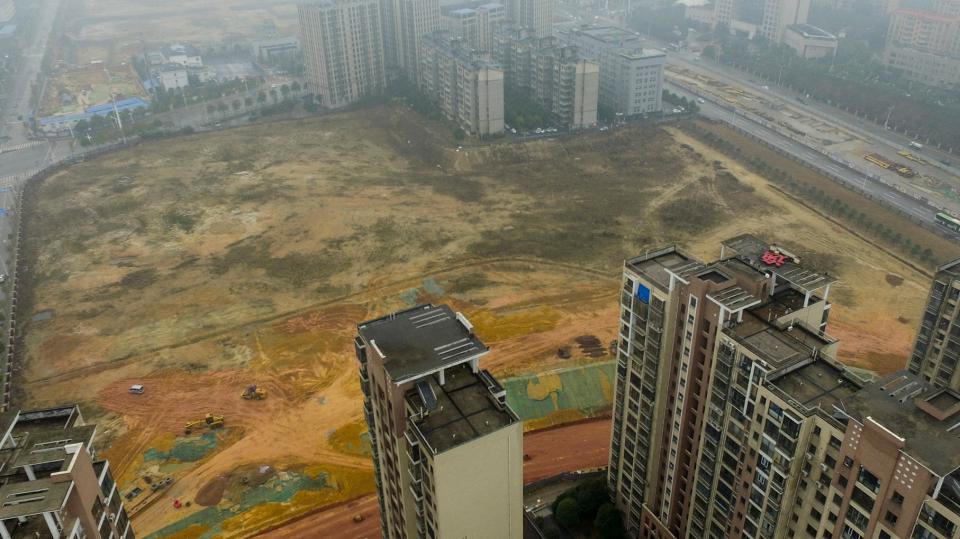Minister of Land and Resources Jiang Daming said on January 16th that government will not be the sole provider of residential land for development in China, and will allow non-real estate companies to turn their landholdings into land where residential construction is permitted. Many argue that commercial housing prices will fall as a result. Director of the Center for Urban Development and Land Policy under Peking University, Liu Zhi, said that house prices will be affected technically, but only to a limited extent.
Writing in an opinion piece published on financial news portal
Caixin.com, Liu first noted that the proposal is bound to affect the real estate market, especially the rental market. By allowing villages to build rental housing, it will moderate part of the urban housing needs, as collective land is cheaper and rents will be lower, he explained.
Nevertheless, it will have a limited impact on commercial housing prices, because the official statement only allows villages to build rental housing on their collectively owned lands, which means that the residential land supply is limited to rental housing, not commercial housing. Moreover, “the demand of financially prepared homebuyers is still there, and they won’t lower their desire to buy a home because of changes in house renting.”
To realize the objective of “letting everyone have a place to live,” Liu proposed that supporting facilities and measures need to be in place – such as public services for residential properties to be built under the new regulations. The government's planning should be better, and they should allow migrant workers and college graduates to live in the properties.

 Old Version
Old Version